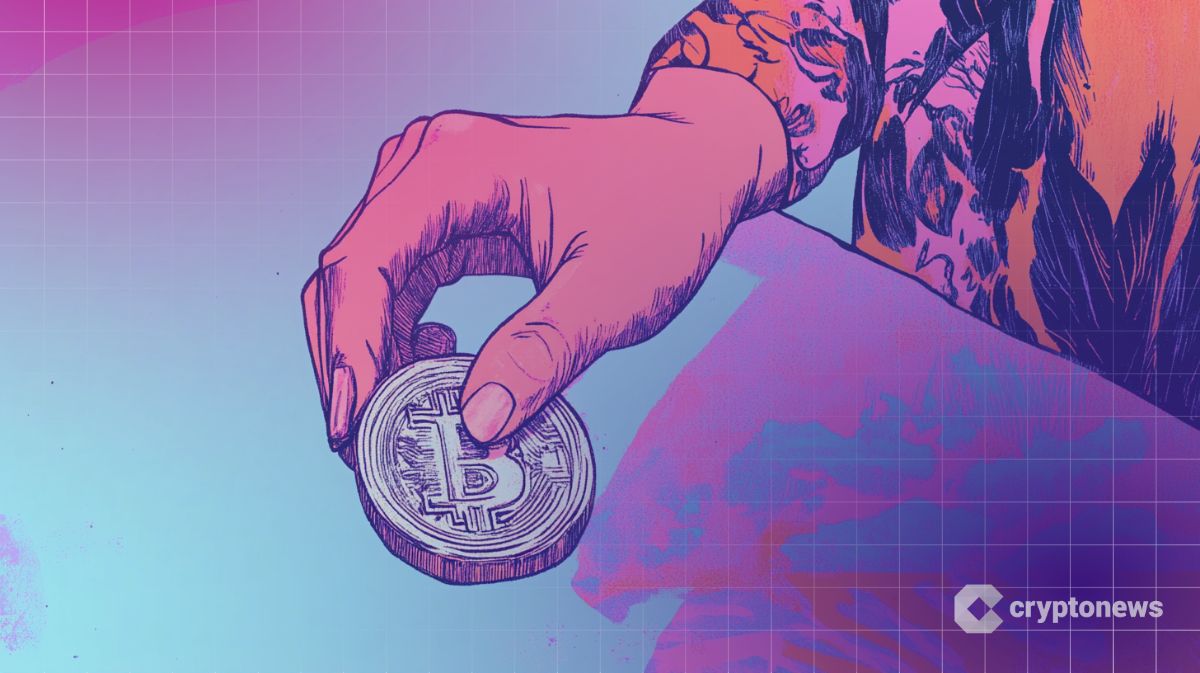Tokenized Funds Surge to $5.7B, Driven by Institutional Demand — Moody’s

Tokenized Funds Have $5.7B in Assets, Moody’s Reports
Tokenized short-term funds, a fast-growing segment that marries traditional finance and blockchain technology, have expanded to $5.7 billion in assets since 2021, a June 3 report by Moody’s said.
The credit rating agency cites rising institutional demand for the blockchain funds, which offer benefits like real-time settlement, greater compliance, and improved operational efficiency.
Institutional Demand Is Fueling Growth
Moody’s notes that tokenized funds, typically backed by US Treasurys or other low-risk securities, operate in the same manner as traditional money market funds. However, in issuing and trading fractional shares on-chain, they create a bridge between digital and fiat markets.
“Tokenized short-term liquidity funds are a specialized but rapidly growing product,” the report states, noting demand from insurers, asset managers, and brokerages.
BlackRock and Franklin Templeton Lead the Charge
BlackRock USD Institutional Digital Liquidity Fund is the market leader at $2.5 billion AUM, followed by Franklin Templeton’s OnChain US Government Money Fund with $700 million in AUM. The other main players are Ondo Finance, Circle, and Superstate with hundreds of millions in AUM.
Use Cases Increasing for Institutional Investors
Moody’s cites several use cases of specific interest:
- Yield maximization as a stablecoin substitute
- Insurance companies’ liquidity instruments
- Collateral for trading and lending purposes
Houses like Robinhood and Midas are also embracing tokenization. Midas now offers European investors tokenized certificates backed by US Treasury bills, while Robinhood is advocating for regulatory clarity through an SEC proposal, as CEO Vlad Tenev has termed tokenization as “a new paradigm.”
Risks Remain Despite Growth Opportunities
Moody’s also warns of risks related to blockchain-based fund structures, such as:
- Smart contract bugs
- Cyber attacks
- Network outages
- Regulatory uncertainties
Asset representation disparity between blockchain accounts and ownership in law
Despite these intricacies, Moody’s predicts tokenized fund assets to grow significantly as financial platforms integrate blockchain in investment processes and cash management.
Read More

Bitcoin Rally Shows Strength but Caution Signals Start to Flash
Tokenized Funds Surge to $5.7B, Driven by Institutional Demand — Moody’s

Tokenized Funds Have $5.7B in Assets, Moody’s Reports
Tokenized short-term funds, a fast-growing segment that marries traditional finance and blockchain technology, have expanded to $5.7 billion in assets since 2021, a June 3 report by Moody’s said.
The credit rating agency cites rising institutional demand for the blockchain funds, which offer benefits like real-time settlement, greater compliance, and improved operational efficiency.
Institutional Demand Is Fueling Growth
Moody’s notes that tokenized funds, typically backed by US Treasurys or other low-risk securities, operate in the same manner as traditional money market funds. However, in issuing and trading fractional shares on-chain, they create a bridge between digital and fiat markets.
“Tokenized short-term liquidity funds are a specialized but rapidly growing product,” the report states, noting demand from insurers, asset managers, and brokerages.
BlackRock and Franklin Templeton Lead the Charge
BlackRock USD Institutional Digital Liquidity Fund is the market leader at $2.5 billion AUM, followed by Franklin Templeton’s OnChain US Government Money Fund with $700 million in AUM. The other main players are Ondo Finance, Circle, and Superstate with hundreds of millions in AUM.
Use Cases Increasing for Institutional Investors
Moody’s cites several use cases of specific interest:
- Yield maximization as a stablecoin substitute
- Insurance companies’ liquidity instruments
- Collateral for trading and lending purposes
Houses like Robinhood and Midas are also embracing tokenization. Midas now offers European investors tokenized certificates backed by US Treasury bills, while Robinhood is advocating for regulatory clarity through an SEC proposal, as CEO Vlad Tenev has termed tokenization as “a new paradigm.”
Risks Remain Despite Growth Opportunities
Moody’s also warns of risks related to blockchain-based fund structures, such as:
- Smart contract bugs
- Cyber attacks
- Network outages
- Regulatory uncertainties
Asset representation disparity between blockchain accounts and ownership in law
Despite these intricacies, Moody’s predicts tokenized fund assets to grow significantly as financial platforms integrate blockchain in investment processes and cash management.
Read More

